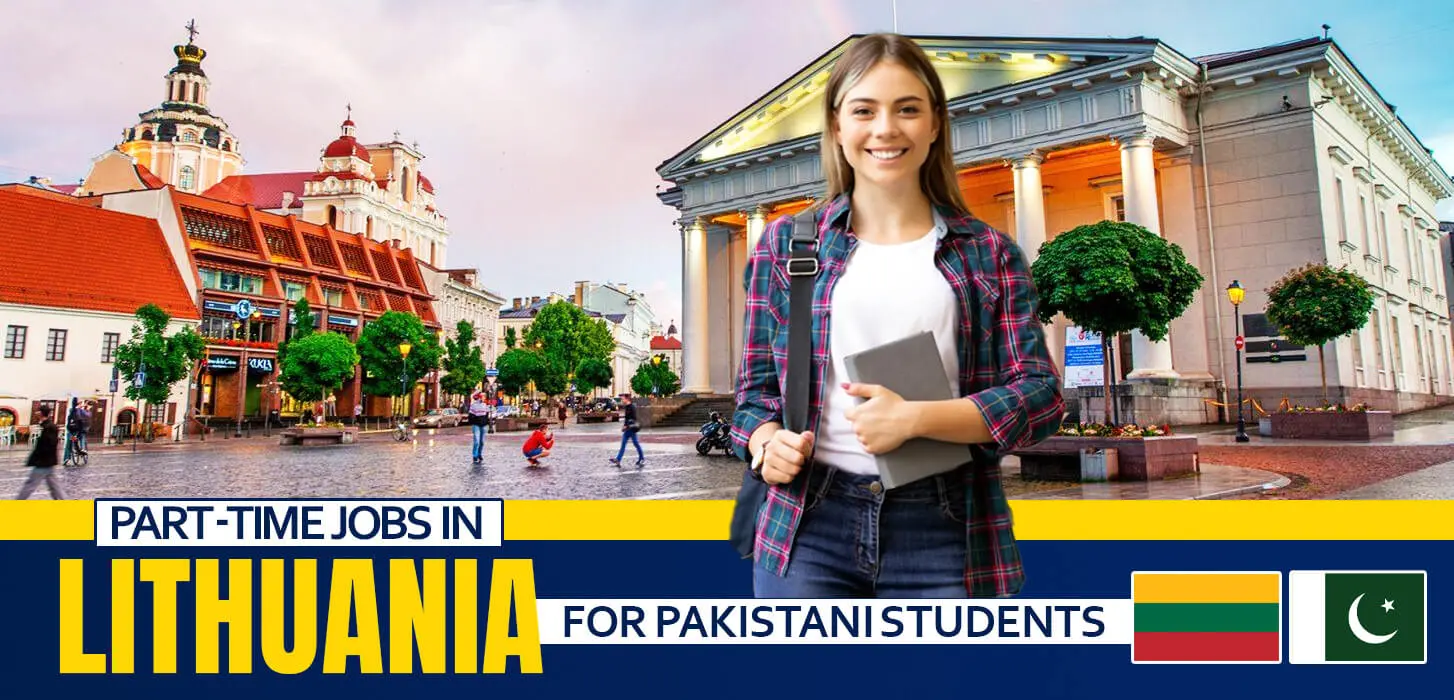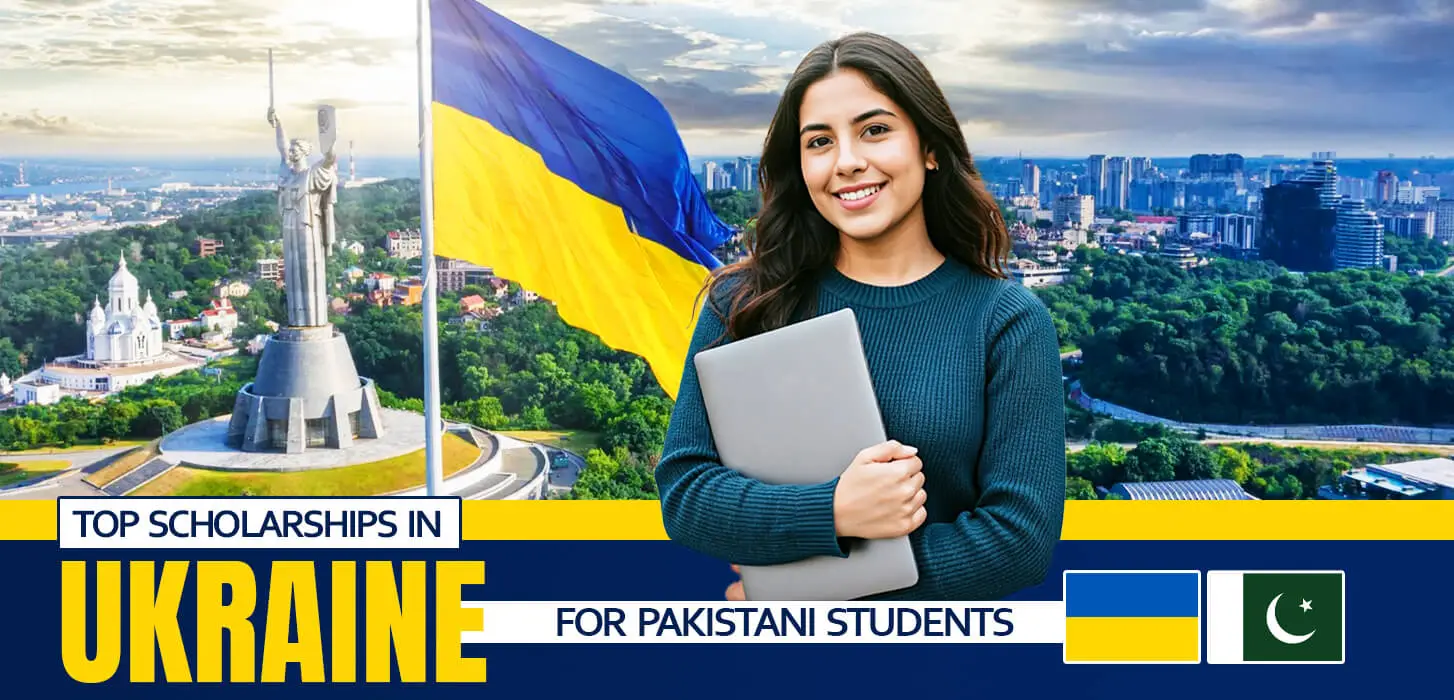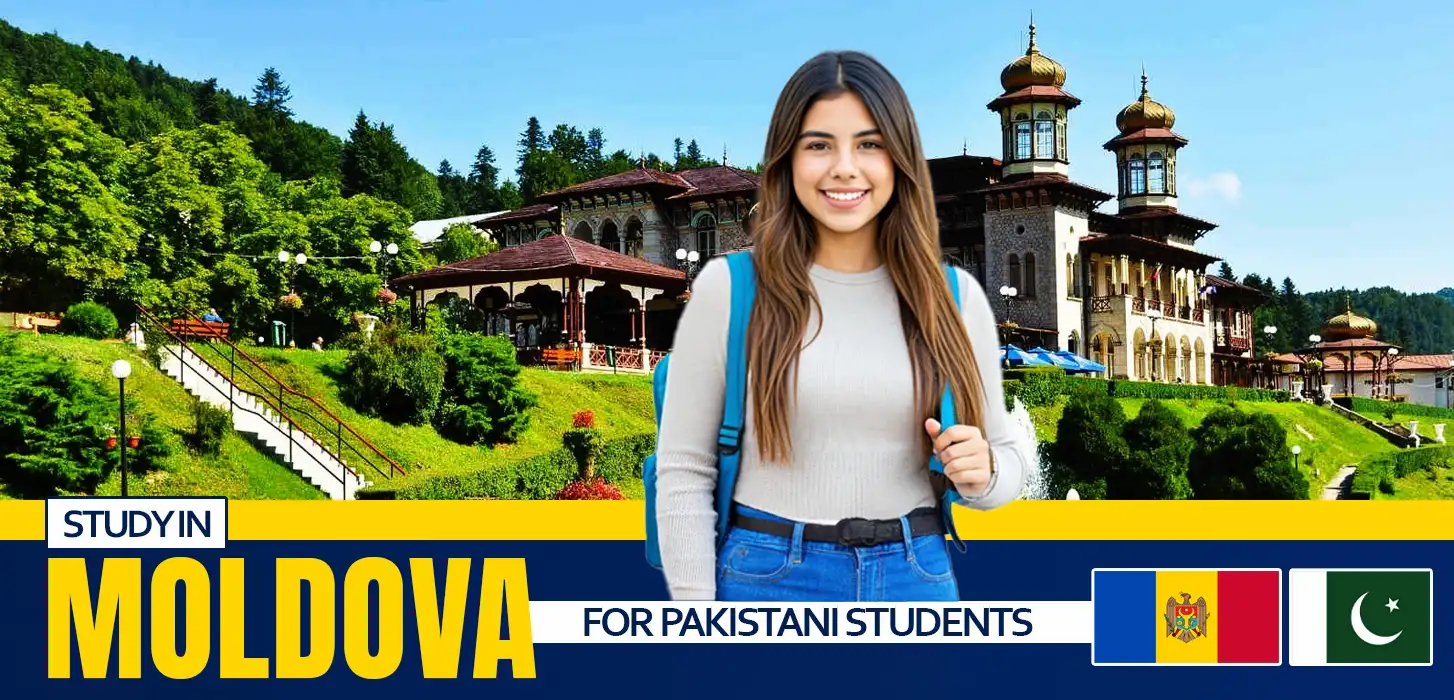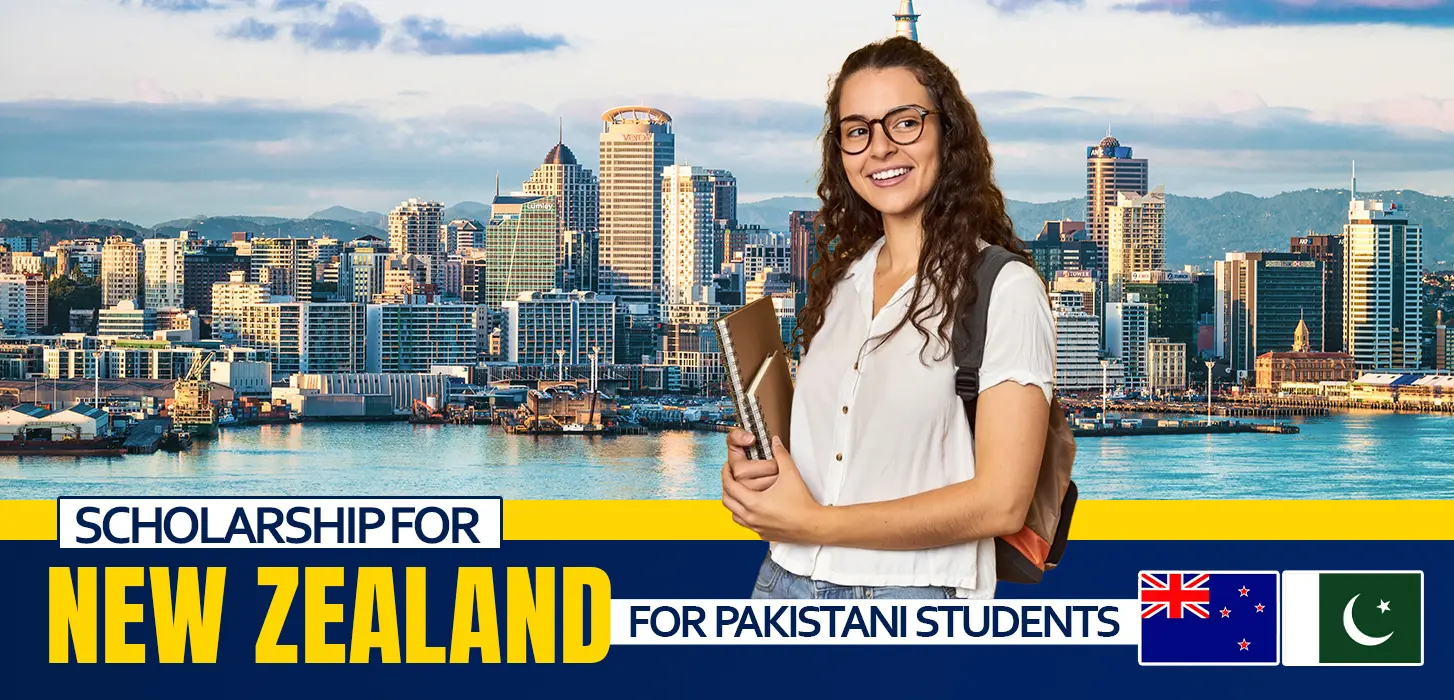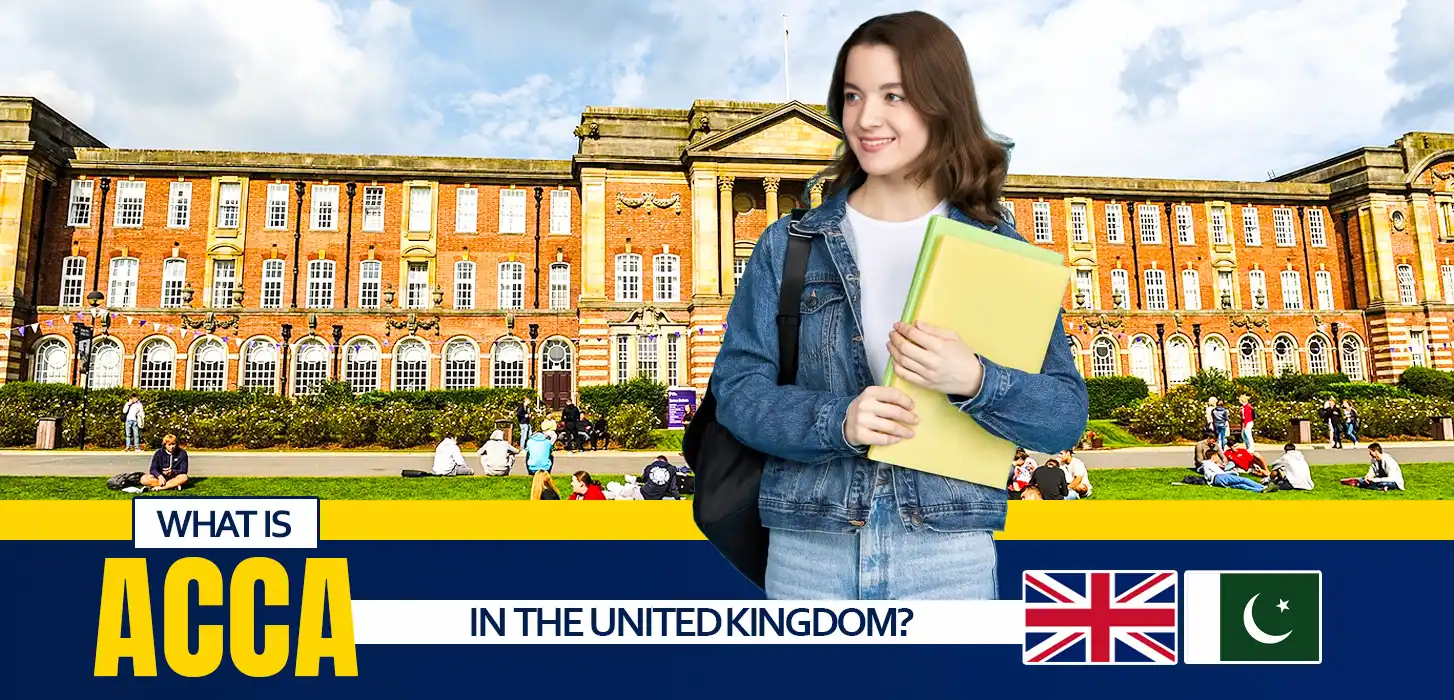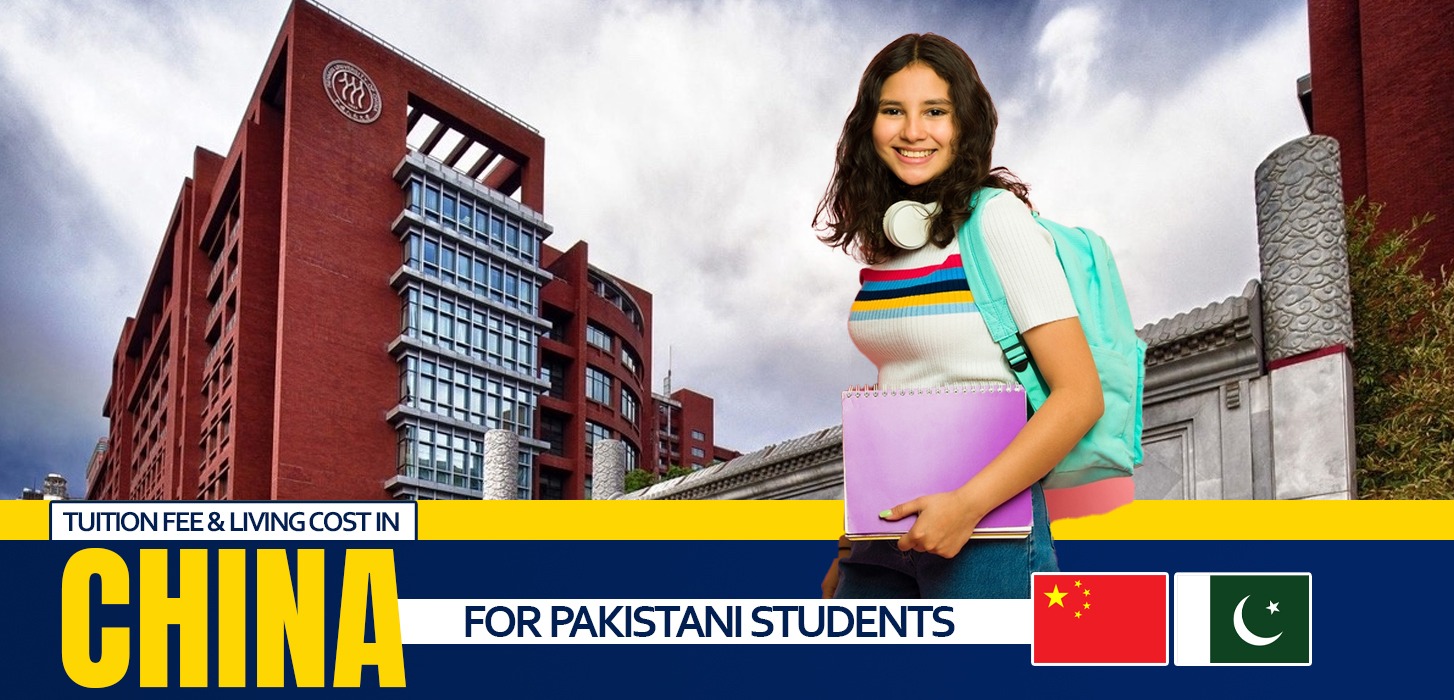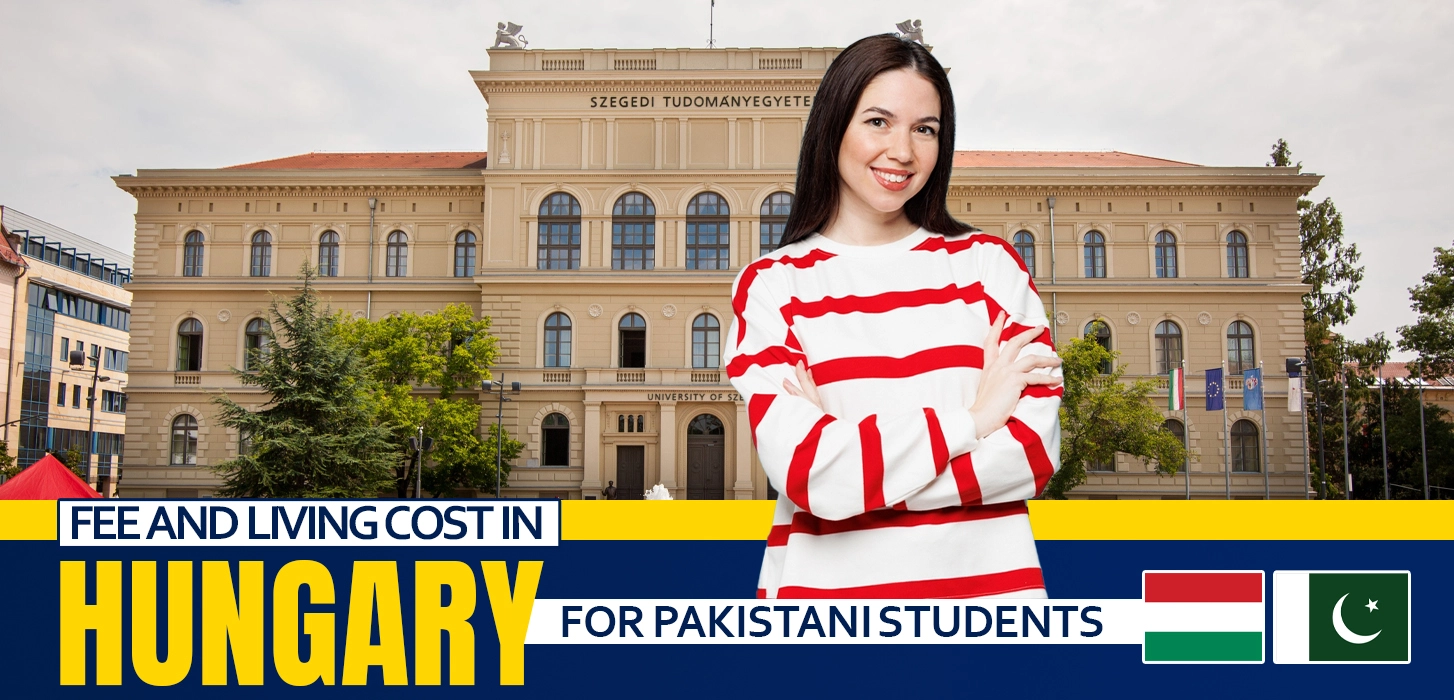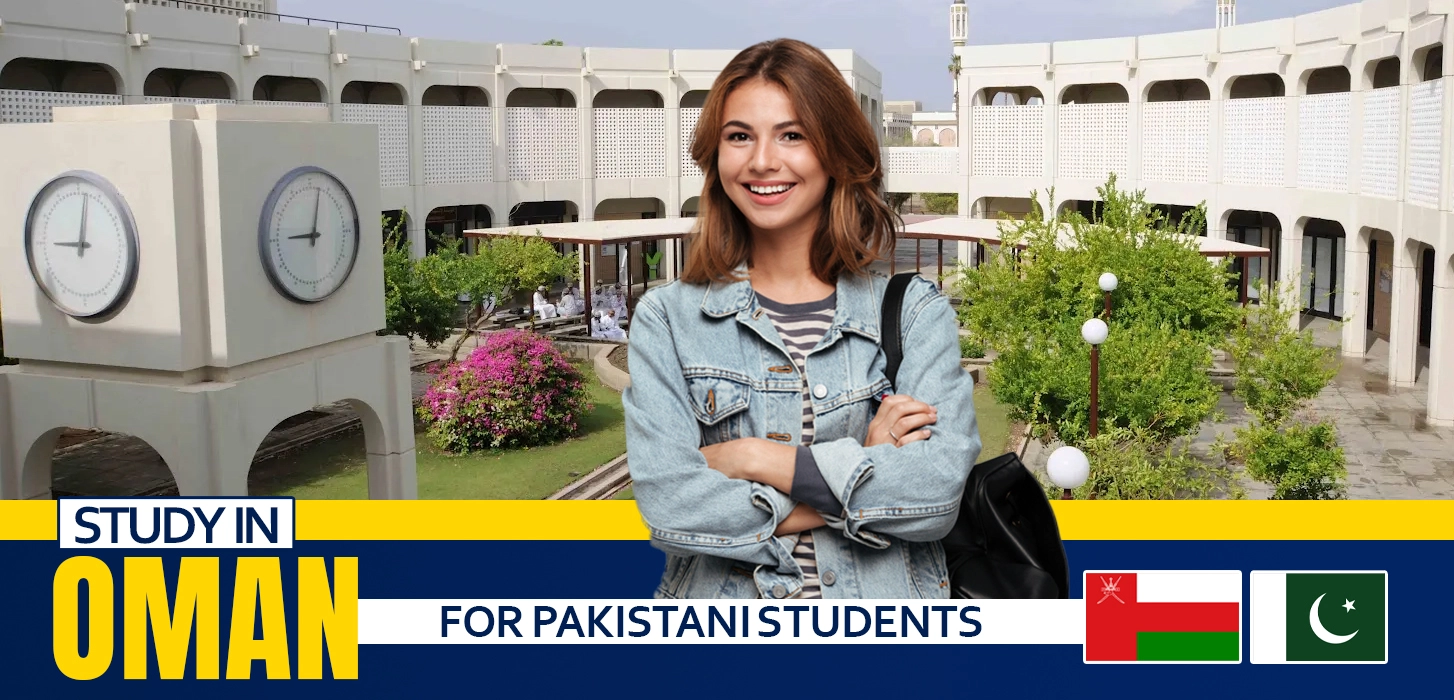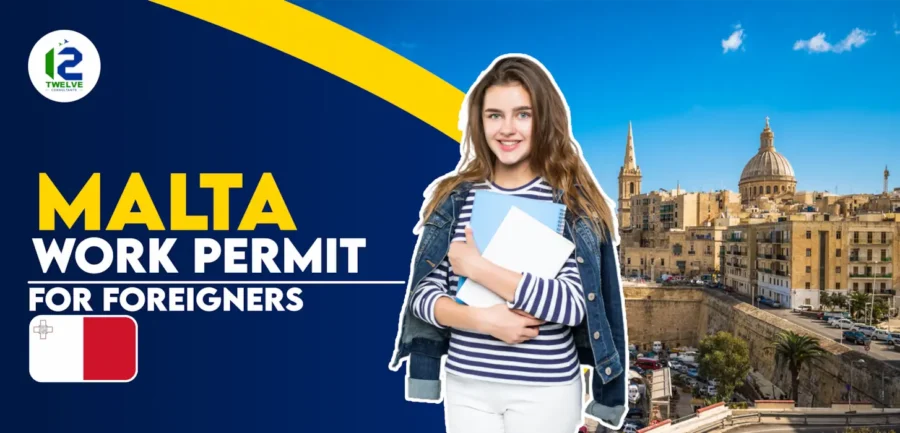
Malta WORK PERMIT FOR FOREIGNERS | JOB TYPES | SALARY
Malta, a picturesque Mediterranean island nation, offers a vibrant economy and a high quality of life, making it an attractive destination for foreigners seeking employment opportunities. If you’re considering working in Malta, understanding the process of obtaining a work permit is essential. In this comprehensive guide, we will provide you with detailed insights into securing a work permit in Malta, covering essential topics such as job opportunities, salary ranges, the application process, visa requirements, obtaining a residence permit, settling in Malta, and addressing frequently asked questions.
Malta, located in the heart of the Mediterranean Sea, is a small but vibrant island nation with a rich history and a promising future. Its strategic location has made it a melting pot of cultures, and its stunning landscapes and warm climate make it a popular destination for tourists and expatriates alike. Here’s an overview of this enchanting Mediterranean gem:
Location: Malta is an archipelago in Southern Europe, situated between Sicily and the North African coast. It consists of three main islands: Malta, Gozo, and Comino. The capital city, Valletta, is located on the eastern coast of the main island, Malta.
Currency: The official currency of Malta is the Euro (EUR).
Language: The two official languages of Malta are Maltese and English. Maltese is a unique Semitic language written in the Latin script and has been influenced by various languages over centuries, including Italian, Arabic, and English. English is widely used for official and administrative purposes and is also the language of instruction in schools.
Government: Malta is a parliamentary republic with a President serving as the head of state and a Prime Minister as the head of government. The country gained independence from the United Kingdom in 1964 and became a republic in 1974. Malta is a member of the European Union (EU) and the United Nations (UN).
Economy: Malta boasts a highly developed economy with a strong focus on services, particularly in sectors like finance, online gaming, and tourism. The country has experienced significant economic growth in recent years, making it one of the fastest-growing economies in the Eurozone. Malta’s strategic location has also made it a hub for international trade and business.
Climate: Malta enjoys a Mediterranean climate with hot, dry summers and mild, wet winters. Summers, lasting from June to September, are sunny and warm, with temperatures often reaching 30°C (86°F) or more. Winters, from December to February, are mild and can be quite wet. The pleasant climate is one of the attractions that draw people to this island nation.
Culture: Malta has a rich cultural heritage shaped by its diverse history, including influences from Phoenician, Roman, Arab, Norman, Knights of St. John, French, and British civilizations. This unique blend of influences is evident in Malta’s architecture, cuisine, language, and traditions. The Maltese people are known for their warmth and hospitality, making newcomers feel welcome and at home.
Tourism: Malta is a popular tourist destination known for its historical sites, beautiful beaches, crystal-clear waters, and vibrant nightlife. The island is dotted with ancient temples, medieval towns, and Baroque churches, providing a rich tapestry of historical and architectural wonders. The stunning Blue Lagoon, located between the islands of Comino and Cominotto, is a must-visit attraction for nature enthusiasts.
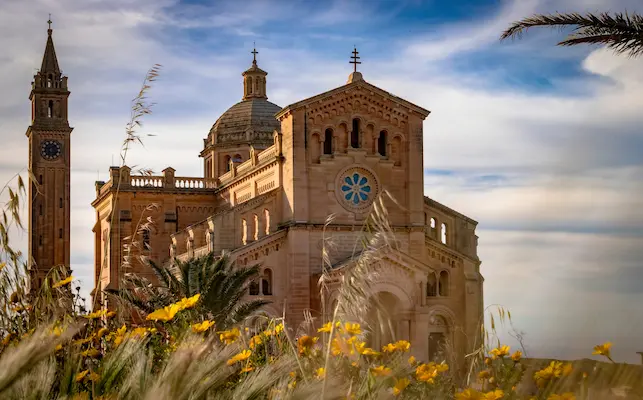
Malta offers a diverse range of employment opportunities across various sectors, including:
Information Technology (IT): Software developers, IT consultants, and system administrators are in high demand.
Finance: Accountants, financial analysts, and banking professionals find opportunities in Malta’s robust financial sector.
Healthcare: Doctors, nurses, and other healthcare professionals are sought after in Malta’s healthcare system.
Tourism and Hospitality: Hotel managers, tour guides, and restaurant staff are needed to cater to Malta’s tourism industry.
Education: Teachers, especially those proficient in English, are employed in schools and language centers.
Engineering: Mechanical, electrical, and civil engineers contribute to Malta’s infrastructure projects.
Gaming Industry: Malta is a hub for online gaming companies, creating opportunities in various roles.
Language Services: Translators, interpreters, and language instructors are required due to the country’s international business environment.
Maritime Industry: Malta’s maritime sector provides jobs for seafarers, maritime engineers, and professionals.
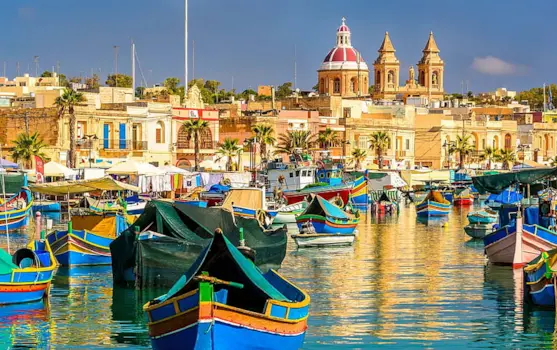
| Profession | Average Monthly Salary Range (EUR) |
|---|---|
| IT Specialist | EUR 2,500 – EUR 4,500 |
| Finance Professional | EUR 2,800 – EUR 4,800 |
| Healthcare Worker | EUR 2,000 – EUR 3,800 |
| Teacher | EUR 1,800 – EUR 3,200 |
| Hospitality Worker | EUR 1,500 – EUR 2,500 |
Find a Job: Start by securing a job offer from a Maltese employer. Without a confirmed job, you cannot apply for a work permit.
Employer’s Role: Your employer will submit the necessary documents to Jobsplus, Malta’s public employment service agency. This includes your employment contract, proof of their company’s legitimacy, and financial stability.
Application Submission: Jobsplus reviews the application and issues an employment license if approved. Your employer then sends this license to you.
Apply for a Visa: With the employment license, apply for a work visa at the Maltese embassy or consulate in your home country. Provide proof of the employment license, passport, and other required documents.
Residence Permit: After arriving in Malta, you need to apply for a residence permit, allowing you to legally reside and work in the country.
Valid Passport: Ensure your passport is valid for the entire duration of your intended stay in Malta.
Job Offer: Provide a formal job offer specifying your position, salary, working hours, and duration of employment.
Health Insurance: Have comprehensive health insurance valid in Malta, covering medical expenses and emergencies.
Proof of Funds: Demonstrate your ability to financially support yourself during your stay in Malta.
Clean Criminal Record: Provide a certificate from your home country proving you have no criminal record.
Malta is open to skilled professionals, making the work visa approval rate relatively high for eligible applicants with genuine job offers and complete documentation.
Acquiring a Temporary Residence Card (TRC) in Malta involves a structured process. Here are the steps:
Legal Residence Basis: You need to have a legal residence basis in Malta, typically employment. TRCs are usually issued for a specific period, often linked to your employment contract.
Required Documents: Prepare necessary documents, including a valid passport, proof of employment, proof of accommodation, financial means, and other documents as required by Identity Malta, the agency responsible for immigration matters.
Application Submission: Submit your TRC application to Identity Malta. Ensure all documents are accurate, complete, and translated into English or Maltese if necessary.
Biometric Data Collection: Provide biometric data (fingerprints and a photo) at the designated location.
Processing Time: The processing time for a TRC can vary but generally takes a few months. During this time, your application will be reviewed, and necessary checks will be conducted.
TRC Issuance: If approved, you will receive a Temporary Residence Card, confirming your legal residence status in Malta.
PR & Settlement in Malta
To be eligible for Permanent Residency (PR) in Malta, you typically need to:
Hold a valid TRC for several years.
Demonstrate continuous legal residence, stable income, and secure housing.
Integrate into Maltese society, potentially including language proficiency requirements.
Citizenship (Optional)
After residing in Malta for a specific number of years as a permanent resident, you may become eligible to apply for Maltese citizenship. Requirements often include language proficiency, a demonstrated commitment to Malta, and the ability to integrate into Maltese society.
Latest Post
Lithuania has become an attractive destination for Pakistani students seeking...
Many Pakistani students dream of studying abroad but are often...
According to the Ministry of Education and Research report, In...
Pursuing higher education in New Zealand is a top destination...
The UK has always been a student-preferred destination for gaining...
Understanding the tuition fee & living cost in China is...
Hungary is an increasingly popular choice for Pakistani students pursuing...
Studying in Oman is an excellent opportunity for Pakistani students...

